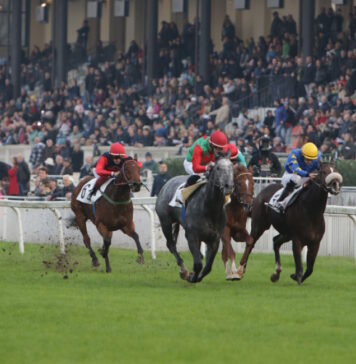The Futures market is the market where Futures derivative contracts are traded, here's what you need to know.
To start investing correctly everyone needs to have a good knowledge of financial assets, the reference markets and the contracts that can be stipulated. All this is really essential for those who want to invest by maximizing the possibilities and at the same time reducing the risks associated with disinformation.
Let's see then what are futures and how their market works. Futures are a derivative investment instrument, standardized contracts which, like options, are stipulated between two parties with:
- An expiration date;
- A fixed price.
The stipulated agreement therefore concerns the sale and purchase of a financial asset at a date subsequent to the stipulation of the agreement and at a previously determined price.
Where can I buy and sell Futures?
The world exchanges that trade these contracts more frequently and regularly are:
- Eurex;
- CM extension.
Among the most interesting brokers for trading with Futures we find Memex, ibroker.it/Futures and Degiro.
Because when we talk about Futures we are talking about derivative investments
Futures are called this way because the product underlying the trade it is not owned. The value of these contracts is obtained from the price of an underlying asset which can be:
- A raw material;
- A financial instrument;
- An index.
In practice, market operators allow traders to acquire the right to buy or sell a financial asset at a later date and for a well-established price so as to generate profit.
What are the most used Futures for trading?
Among the most popular Futures there are certainly indices and commodities such as energy, metals and oil but also bonds are among the first-tier futures.
Secondly, Futures are chosen which have interest rates and stocks as underlying assets but also cryptocurrencies such as Bitcoins.
How futures work
This type of negotiable contract can be divided into two specific positions:
- Long position: here we refer to the purchase;
- Short position: here we refer to the sale.
The underlying principle of this market is established by the sell and buy positions:
- Who acquires the right to purchase in the Futures market: aims at the profit given by an increase in the price of the underlying asset;
- Who acquires the right to sell in the Futures market: aims at the profit given by a possible decrease in the price of the underlying asset.
The payment of these contracts is regulated and made on the expiry date even if they are often sold before expiry and this is because one of the reasons that leads to investing in Futures is to make a certain profit by exploiting the price differences given by the market volatility with respect to the underlying assets.
Finally, it is good to bear in mind that although the agreed price should not be paid until the time of delivery, brokers require a specific down payment and this is due to the commitment that is assumed by stipulating this type of contract.











